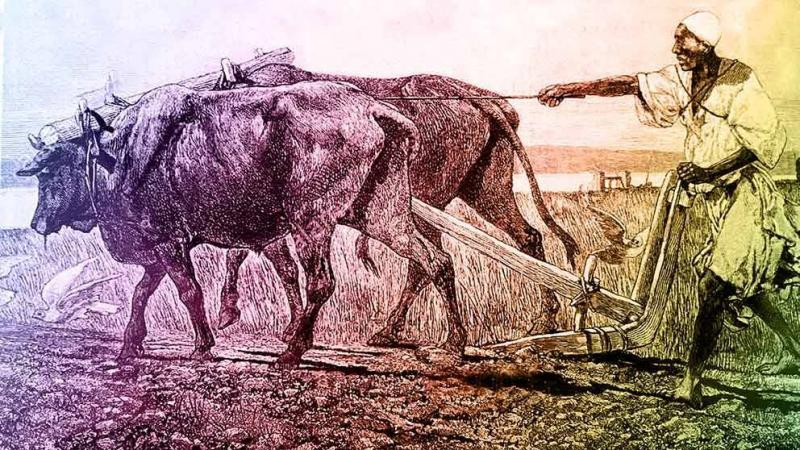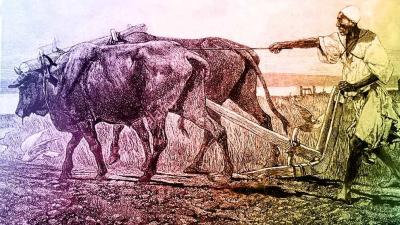A recent study has revealed that human groups living 15,000 years ago in North Africa relied more on plants than on meat in their diet. The study, published in the journal "Nature," concluded that ancient hunters and gatherers in the Morocco area consumed a significant amount of plants alongside meat.
The results of the study, conducted by researchers from the Max Planck Institute for Evolutionary Anthropology and the National Institute of Archaeology and Heritage, show a substantial plant-based component in the diet of these hunters. Scientists previously believed that ancient populations in North Africa only began to rely on plants after agriculture started to spread; however, the evidence provided by the study indicates that plant gathering began much earlier.
Researchers relied on evidence from the Tafoghalt cave in northeastern Morocco and utilized "zinc and strontium analysis on tooth enamel, carbon, nitrogen, and sulfur isotope analysis on ivory and bone collagen, and individual amino acid analysis on human and animal remains."
The evidence suggests that a large portion of their diet consisted of Mediterranean plant types, such as walnuts, pine nuts, and wild legumes, which were also found among the archaeological plant remains at the site.
The study also revealed that plant foods were included in the diets of infants, possibly serving as weaning products. This discovery indicates that pre-agricultural communities may have adopted earlier weaning practices compared to what was previously believed about hunter-gatherer societies.




